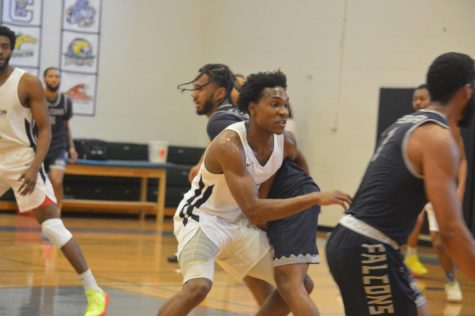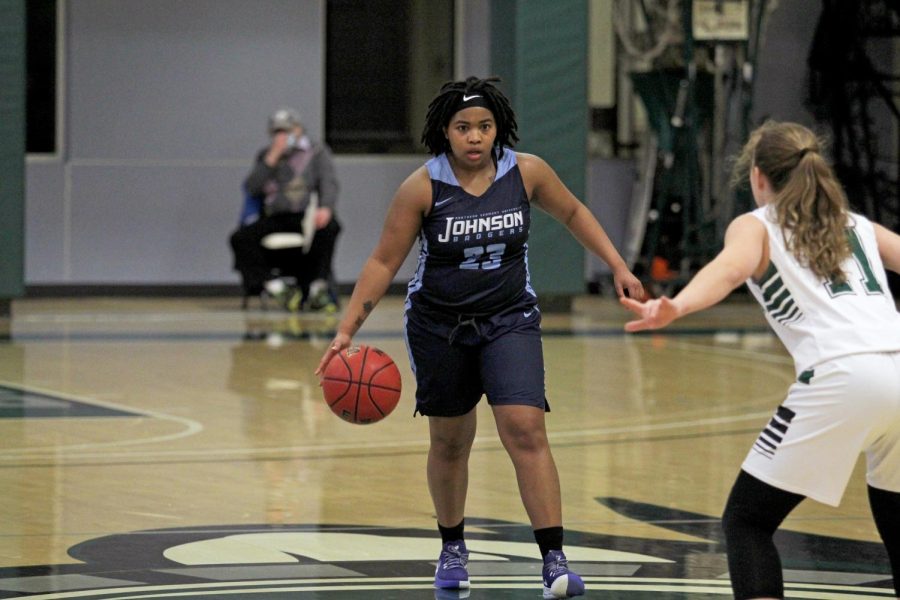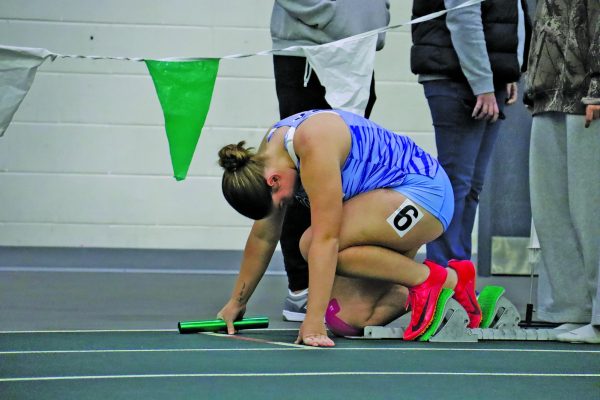Badger Athletics moves ahead with new regulations regulations
Devyn Thompson
COVID-19 has changed all aspects of competitive sports, from the big leagues to colleges and universities.
At Northern Vermont University, the athletic department has worked hard since this summer to bring competitive sports back as safely as possible. This requires student-athletes to be tested up to three times a week once games begin and will complete extra health screenings.
Associate Dean of Athletics & Recreation Jamey Ventura said he is coordinating all campus safety efforts with both state agencies and the CDC to make sure the university and his athletic department are implementing safety rules and protocols to keep the campus safe.
“All of the athletic directors at Vermont colleges and universities began meeting with the COVID Health team of the state of Vermont last October,” said Ventura.
“This included Dr. Keslo and Dr. Levine, to talk about if and how we could conduct college athletics competition safely. Together we came up with a set of protocols that every Vermont institution must follow in order to have competition against other colleges and universities.”
Many Vermont colleges outside the Vermont State College System are choosing not to hold athletic competitions or practices. This includes Saint Michael’s College and Middlebury College.
The men’s and women’s basketball teams are currently the only teams that have scheduled practices and games. Once their seasons end at the beginning of March, both fall and spring sports will begin their first phases to begin practices.
“The first thing I will note is that our sports teams will test once per week once practice begins up to one week prior to [when] competition begins,” said Ventura. “Then one week prior to competition through the competition season, we transition to testing 3 times per week.
“The NCAA also used a medical team and research and data sets to come up with recommendations that each athletics program should follow if they are going to compete during the pandemic. We used the NCAA recommendations as a guide.”
Ventura went on to explain that the NCAA recommends that specific sports, especially teams who have multiple games a week, should test student-athletes up to three times a week. This helps to track any possible transmission and antigens. The state of Vermont guidelines are more accurate than those that the NCAA recommends.
The basketball seasons have been short so far with multiple cancelations and postponements. These cancelations happen when a positive test result comes back from either the NVU – Johnson campus or the opponent’s school. NVU-Johnson’s athletic department stays in close communications with other institutions to make sure both schools are safe to compete at.
“Each week we are in regular contact with our opponents to communicate our testing results leading up to the games and to learn the COVID safety protocols of the institution we are visiting or share our protocols to our opponent that we are hosting,” said Ventura.
“Everything is planned out from the time the team arrives, to how many can be in a locker room at one time, to safety protocols during the contest, to the departure of the team after the game.”
This means that once the Badgers leave for an away game, they will go to their opponent’s campus, compete, and return to the NVU campus. No overnights hotel stays and no interaction with families after games are permitted.
If a student tests positive for COVID-19 before a game, the match will be canceled, said Ventura. “If one of our teams does have a positive test, we will follow the same contact tracing protocols in place for the university, where the dean of students’ office will work with the State of Vermont to determine quarantine/isolation procedures.”
The university also recommends that students that are not a part of athletics get tested once a week. Jonathan Davis, dean of students, has sent weekly email reminders to the campus community when testing is available.
“We will not restrict anyone from frequent ongoing testing now that Day 0 and 7 required testing is complete,” said Davis. “If a non-student athlete has a good reason to test three times a week with exposure concerns, then we will support that. However, we will be encouraging all students to test weekly given all of the other campus precautions that are in place.”


Senior, Pre-Law & Journalism
Grew up in Middle Town, NY
Fall 2019 - Present
My spirit animal is a Narwhal because they are the aquatic unicorns!







